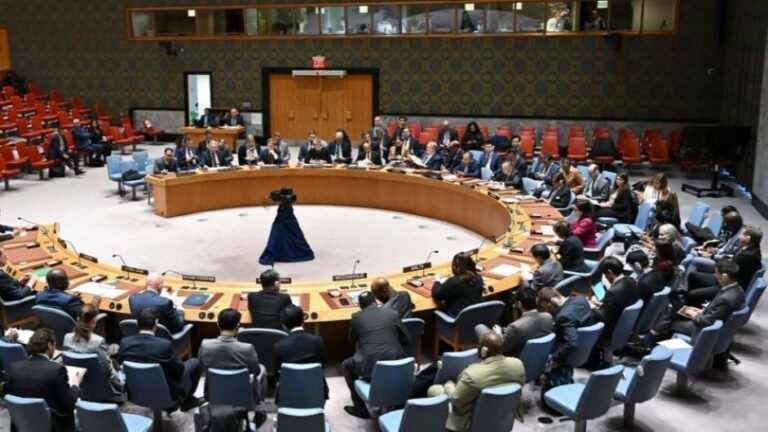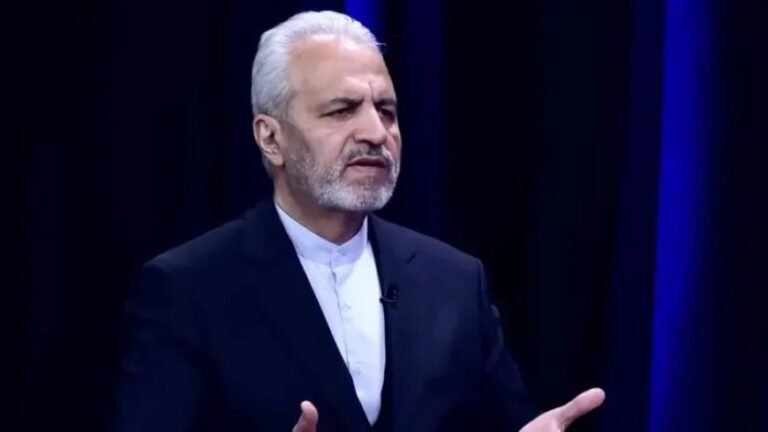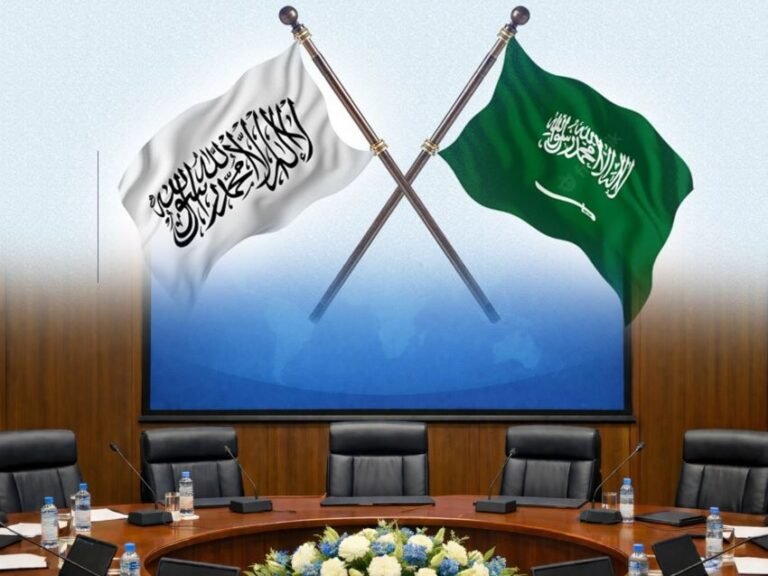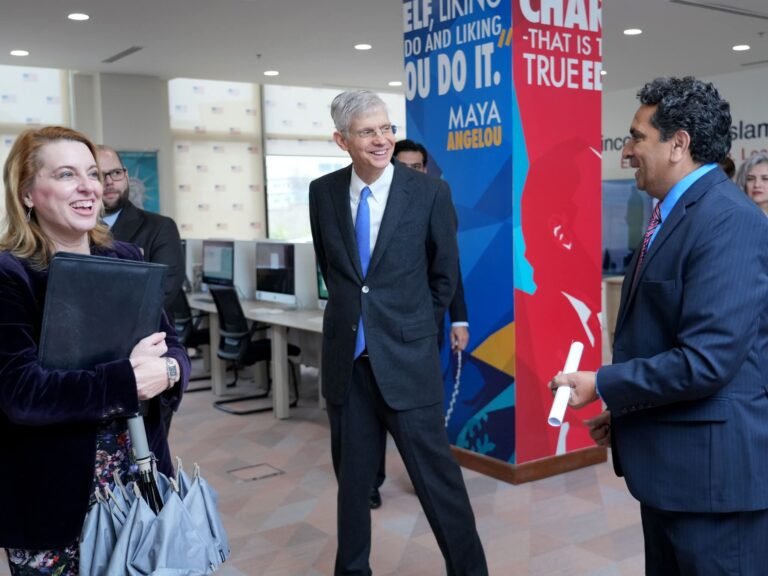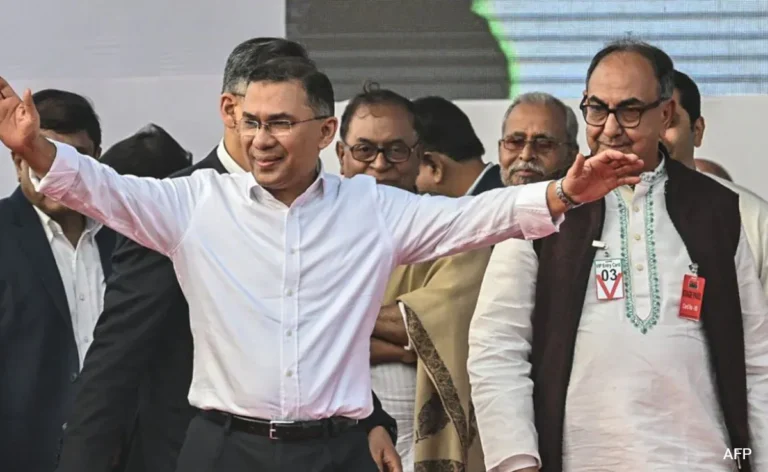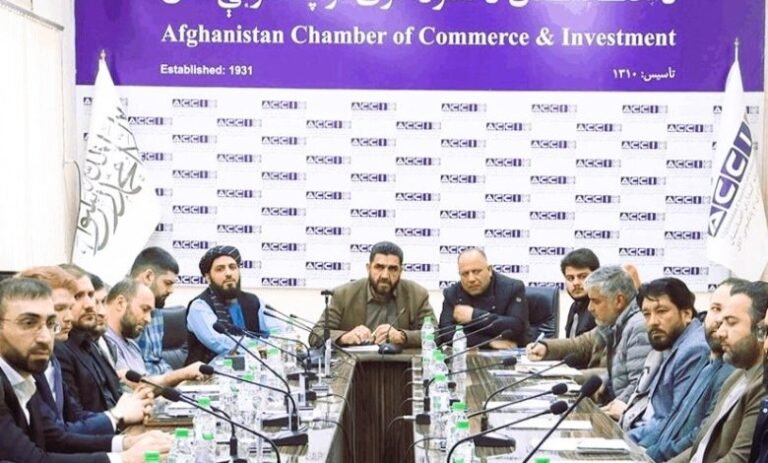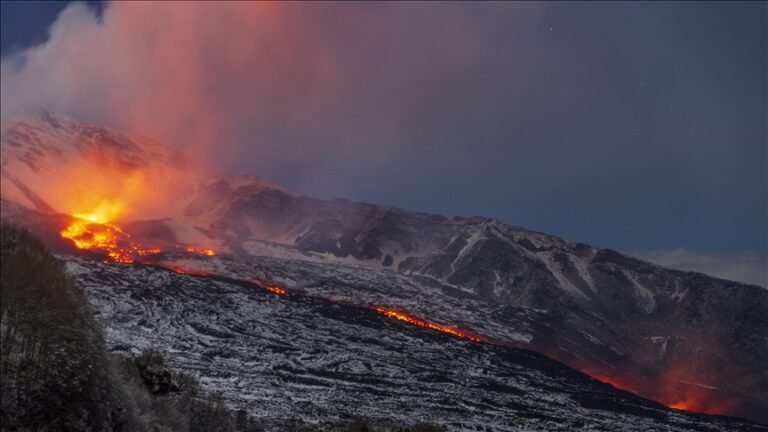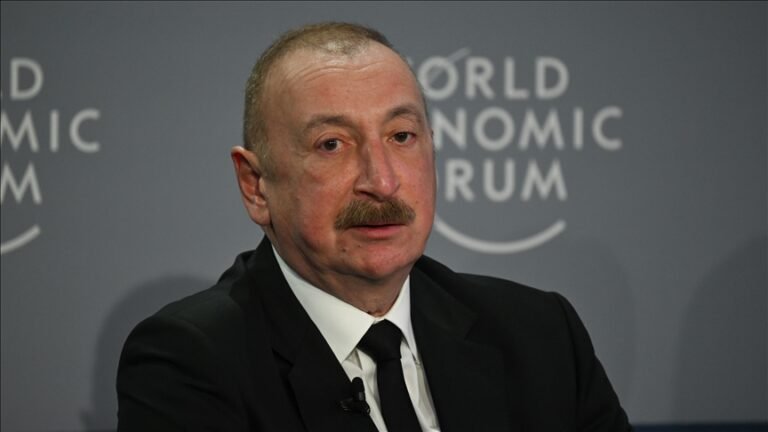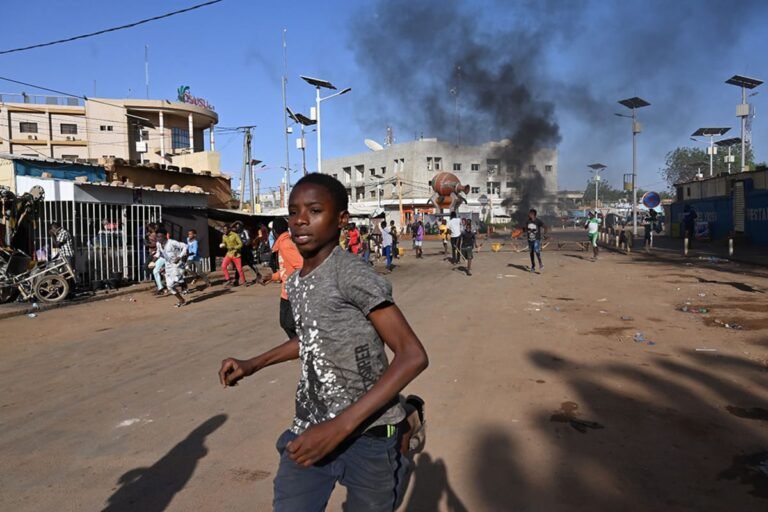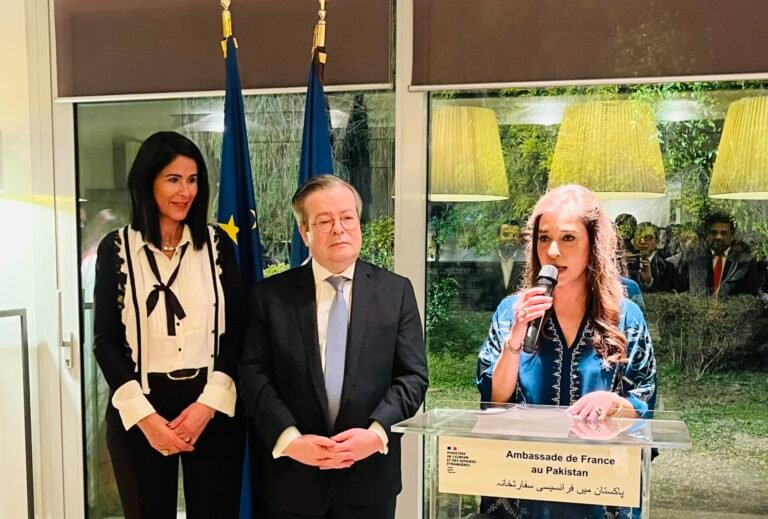New York, 3 December 2021 (TDI): Palestinian Minister of Foreign Affairs and Expatriates, Riyad Al-Maliki, welcomed the adoption of a resolution on Jerusalem by the United Nations General Assembly.
The General Assembly (UNGA) adopted three resolutions by recorded vote on the questions of Palestine and the Middle East. Therefore, it today called for respect for the historic status quo at the holy places of Jerusalem. Furthermore, it stressed the need to urgently exert collective efforts to launch credible negotiations in the Middle East peace process.
UN Resolution on “Jerusalem”
The resolution, which had the vote in favor of 129 countries, emphasizes the importance and status of the city of Jerusalem. It also stressed the need for the preservation of the current legal and historical situation as an integral part of the Palestinian territory. Furthermore, it determines that all measures taken by Israel, to enforce its laws, jurisdiction, and administration in the Holy City of Jerusalem are illegal.
According to the UN Press Statement, Al-Maliki stressed the importance of countries voting on this resolution at this particular time, when Jerusalem is exposed to many attempts to Judaize the city, settlement expansion, and attempts to forcibly deport Palestinians there to falsify the heritage and history. He spotlighted, however, the resilience of the Palestinian people, witnessed again in May as Israel pressed on with its war of colonization, aggression, and apartheid against those people in Jerusalem, Gaza, and across the Palestinian homeland.
Moreover, Minister Al-Maliki concluded by saying that solving the Palestinian problem by peaceful means requires supporting President Mahmoud Abbas’ initiative to convene an international peace conference based on the rules of international law and the agreed terms of reference for the peace process, to end the occupation and achieve the right to self-determination, the embodiment of the State of Palestine with Jerusalem as its capital, and the return of Palestinian refugees to their homes.
Arantza Renteria is a Peruvian third-year student of International Relations with a specialization in cooperation and development.
Her work experience mostly covers Middle Eastern affairs. Her area of expertise is the Levant. Among these countries, Lebanon, Iraq, and Palestine.
She has worked in intercultural governmental and non-governmental work environments, including the Embassy of Palestine in Lima.
Currently, she leads the Middle East and Gulf Research Desk at The Diplomatic Insight.
- This author does not have any more posts.



